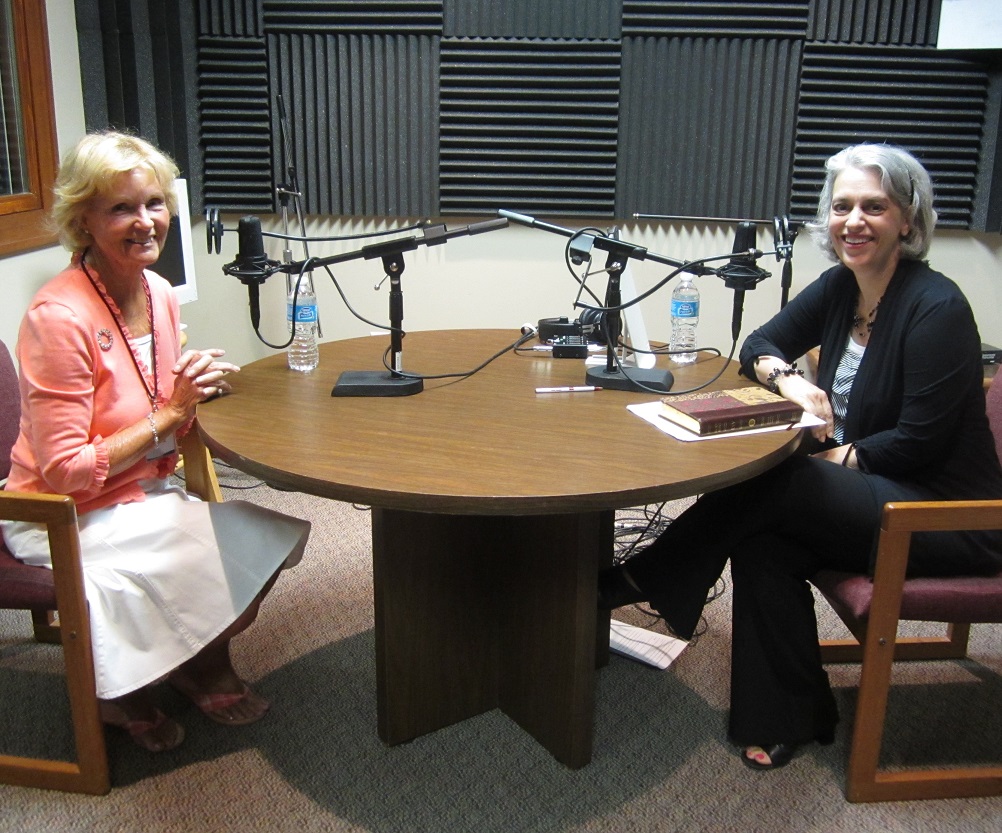Every year I take a few plane trips and usually opt for non-stop flights. On one recent trip, however, my itinerary called for a stop, though I didn’t need to change planes. Just before landing, the flight attendant made an announcement:
“Since we’ll only be on the ground for 17 minutes, our advice for those continuing on with us is to stay on board. Remain seated until the others have de-planed, and then if you would, please move to the front of the plane while the clean-up crew works.”
 The announcement applied to only 11 of us, and we did as asked. When our pilot emerged from the cockpit volunteering to help clean, we watched him move in and out of the rows picking up newspapers, candy wrappers, and empty water bottles.
The announcement applied to only 11 of us, and we did as asked. When our pilot emerged from the cockpit volunteering to help clean, we watched him move in and out of the rows picking up newspapers, candy wrappers, and empty water bottles.
In a few minutes he came back to the front where our little group was standing and said, “How many of you own Smart Phones?” Most of us did. “Would you be willing to hold them up for me?”
 We all dug them out of purses and pockets, except for a young girl of about 12 or 13. After rummaging through her back pack, she said, “Mine’s gone! It’s gone!”
We all dug them out of purses and pockets, except for a young girl of about 12 or 13. After rummaging through her back pack, she said, “Mine’s gone! It’s gone!”
The captain then brought his hand forward with a Smart Phone in it. Before he could say anything, the girl grabbed the phone with a snarl and said, “You took my phone!”
A woman next to her touched her arm and said, “Oh, no, honey. He found your phone.”
How quick we are to lay blame. The minute the girl realized her phone was missing, her next thought was, “Someone took it!” When she saw it in the pilot’s hand, she connected the dots and assumed it was him.
We adults can be pretty quick to play the blame game, too. Humanly speaking, when hurtful things happen, our knee-jerk response is often, “Who’s responsible for this?” Sometimes we can (and even should) point a finger, but oftentimes we can’t.
But if we can’t satisfy our desire to blame someone we know, we can always blame God. Interestingly, he is sometimes the one behind the difficulties and disasters we experience, but rather than blaming him, we ought to give him credit.
That’s because whatever comes to us (good or bad) is intended for our spiritual growth. Instead of pointing fingers of blame, we ought to reach for him with arms wide open.
 Actually, we shouldn’t blame God for anything, but amazingly, he takes the blame anyway, not for anything he did but for all our bad. He died as a sinner in our place. Once we take that in, just like the young girl on that airplane, we’ll melt into a puddle of contrition. Instead of laying blaming, we’ll say the only appropriate thing: “How can I ever thank you enough?”
Actually, we shouldn’t blame God for anything, but amazingly, he takes the blame anyway, not for anything he did but for all our bad. He died as a sinner in our place. Once we take that in, just like the young girl on that airplane, we’ll melt into a puddle of contrition. Instead of laying blaming, we’ll say the only appropriate thing: “How can I ever thank you enough?”
“People ruin their lives by their own stupidity, so why does God always get blamed?” (Proverbs 19:3)





